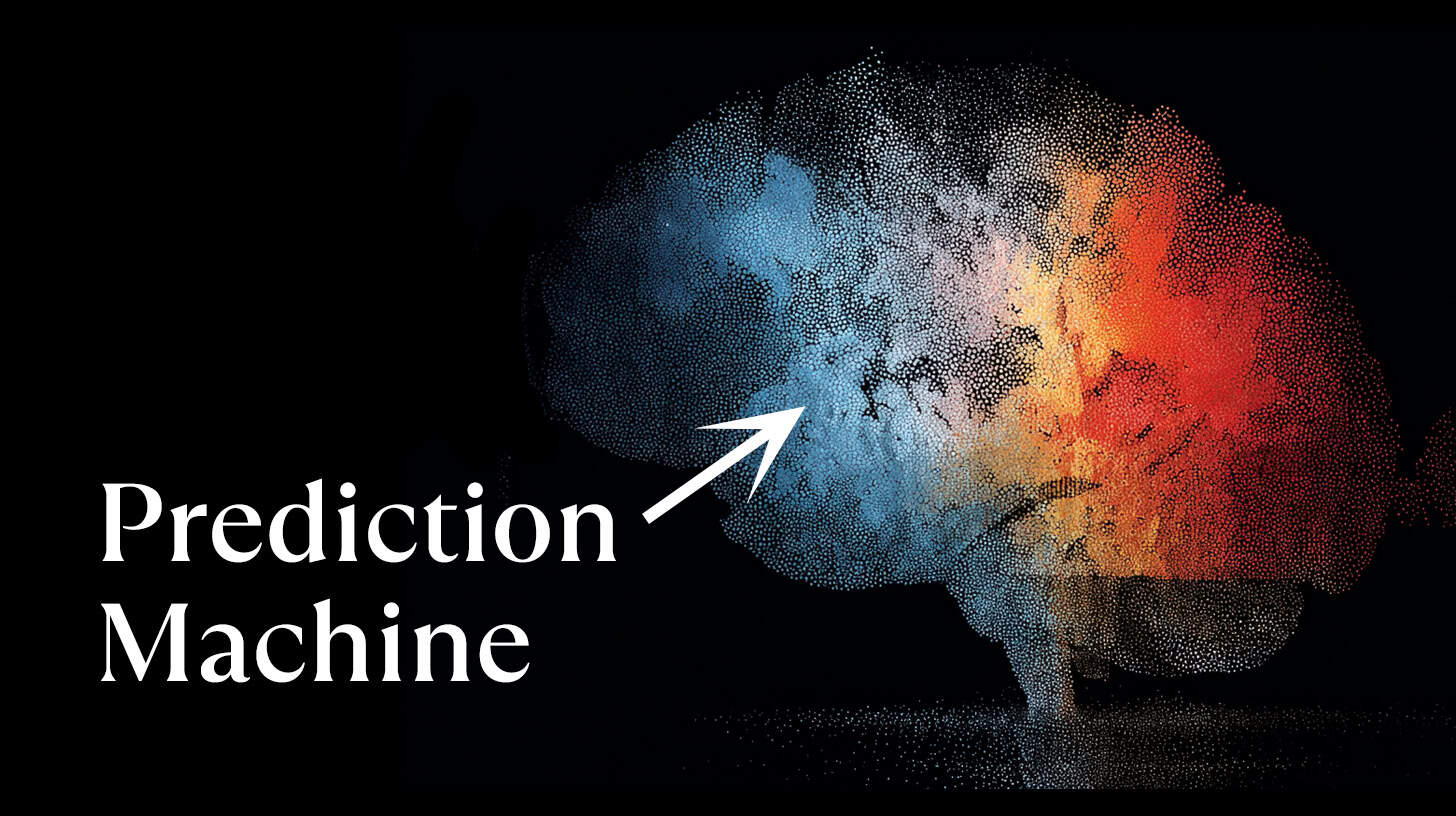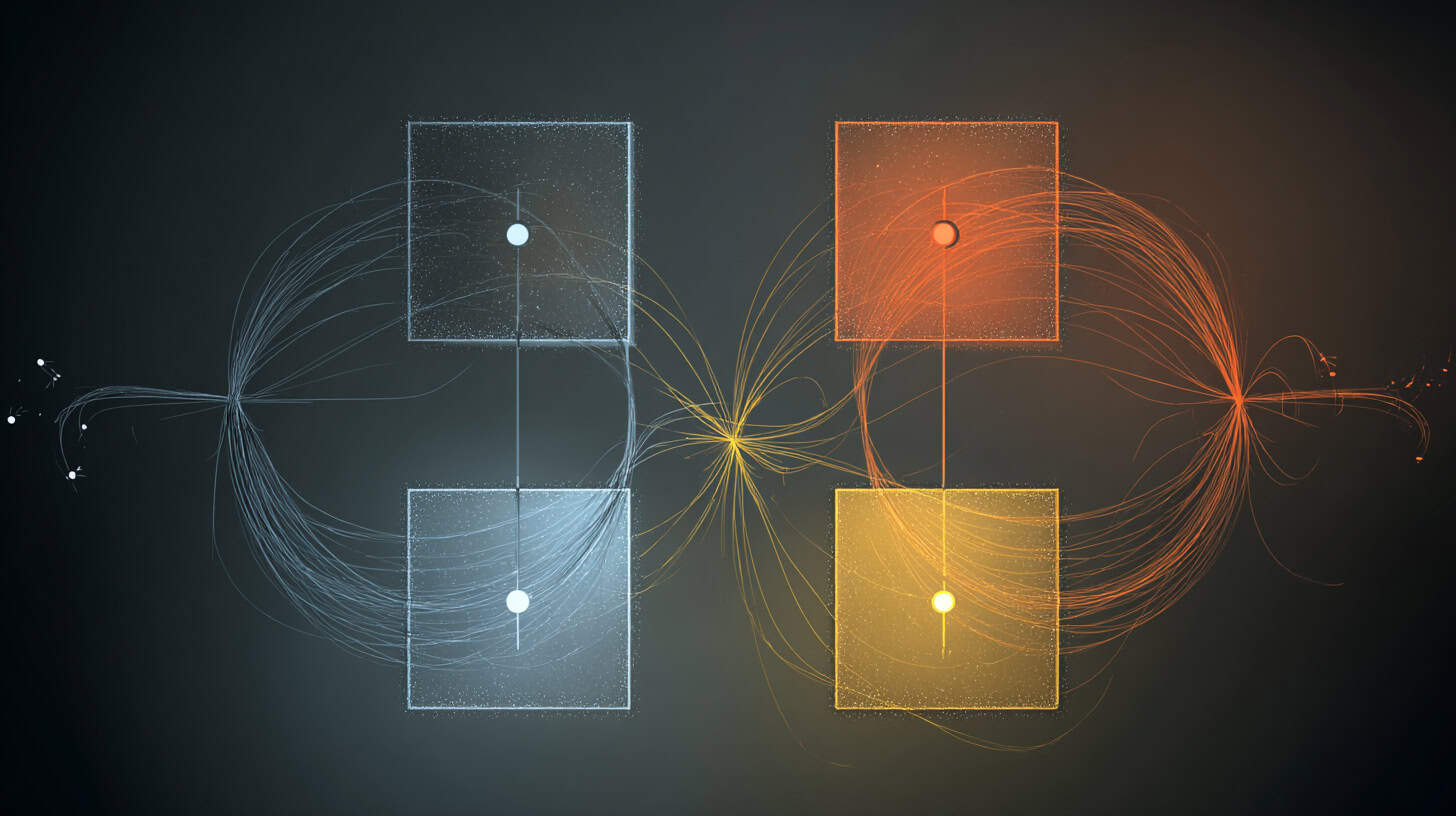r. Keith and Corey discuss the primary goal of psychotherapy — to help people experience themselves every day as living a happy ending to their life so far, and at the very beginning of a wonderful and exciting new chapter. This goal, of course, requires a more integrated self in order to meet the inevitable challenges, triggers, and opportunities that we will encounter on the path of growing up, and for us to be able to create a cohesive and coherent life story for ourselves as we move forward.
But what is an “integrated self”?
One definition of an integrated self is never losing contact with our wise self. Wise self is the fundamental moral core of our being, just this side of our origin point (soul, atman), and just before our personality (types, attachments, habits, etc.).
Your best self–your wisest and most compassionate self–exists right now in you.
You may be embodying your wisest self as you read this. Your wisest self is a fundamental part of you that wants to choose goodness, love, courage, and commitment to people and goals. Our wisest self is our best interior guide to the universe of relationships.
I’ve observed very young children being more drawn to love and kindness than to anger and fear. I believe that our wise/compassionate self constellates early in development and never leaves us. Even more, every time we choose love over violence, truth over lies, compassion over criticism, or self-awareness over self-deception, we strengthen our wise self.
Starting from a very young age, children, in relationship with caring others, develop capacities for love and wisdom, and can often feel the differences between compassion and contempt, truth and lies, generosity and selfishness. These virtues cumulatively constitute a wise self that most humans carry deep in their adaptive unconscious (the nonconscious part of us that processes information and sends us impulses, feelings, memories, and stories in response to experiences). This wise self is curious, calm, confident, courageous, creative, and compassionate. All any of us have to do to grow well is consistently invoke and trust our wise self, which deepens and expands it.
When you develop to the point that you never lose contact with your wise self — even in extreme distress — you have an integrated consciousness and have passed a crucial developmental milestone.
Music by Justin Miles and Stuart Davis
Previous Episodes of Witt & Wisdom
Bayesian Psychology: Your Brain Is a Lying Prophet
 Dr. Keith Witt
Dr. Keith Witt
 November 12, 2025
November 12, 2025
Cybernetics and the Intelligence of Love
 Dr. Keith Witt
Dr. Keith Witt
 October 10, 2025
October 10, 2025

Become a member to access the full episode
Start building your big picture mind & support the global emergence of Integral consciousness

“Integral Life is the most important and globally-relevant platform for the leading edge of Integral consciousness evolution”
– Eugene P.
About Keith Witt
Dr. Keith Witt is a Licensed Psychologist, teacher, and author who has lived and worked in Santa Barbara, CA. for over forty years. Dr. Witt is also the founder of The School of Love.
About Corey deVos
Corey W. deVos is editor and producer of Integral Life. He has worked for Integral Institute/Integal Life since Spring of 2003, and has been a student of integral theory and practice since 1996. Corey is also a professional woodworker, and many of his artworks can be found in his VisionLogix art gallery.




